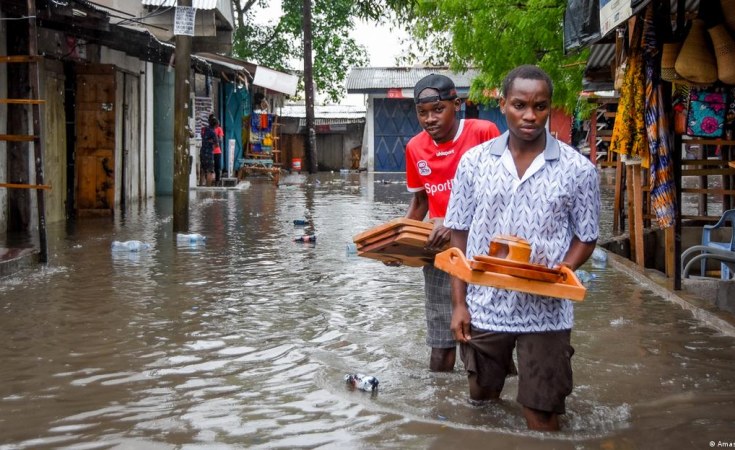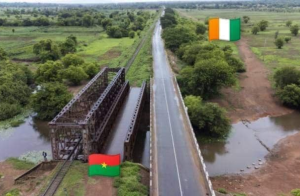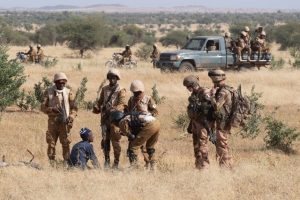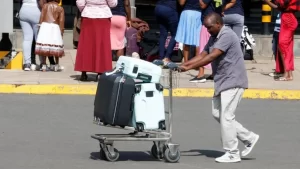Climate change/Accelerating early warning systems: Africa’s battle against escalating natural disasters

As natural disasters increasingly plague the African continent, the World Meteorological Organization (WMO) is taking steps to fast-track the implementation of its “Early Warnings for All” initiative.
Africa is witnessing a rise in the frequency and severity of floods, droughts, and other natural disasters.
The continent is grappling with the challenges posed by climate change despite its limited capacity to forecast and mitigate the damages. Ironically, Africa bears the brunt of these impacts, even though it contributes less than 10% to global greenhouse gas emissions.
Can early warning systems Make a difference?
To better anticipate and manage these risks, early warning systems could offer an effective solution.
These systems are crucial for disaster risk management, providing advance weather alerts that can prompt the evacuation of vulnerable populations and help prevent climate-related disasters like floods and heatwaves.
In June, the World Meteorological Organization (WMO) endorsed a strategic plan to accelerate and expand the rollout of the “Early Warnings for All” initiative on a large scale.
This year has been particularly challenging for African nations. In the Sahel region, floods have affected over 716,000 people. In Mali, the August floods were declared a “natural disaster,” impacting more than 47,000 people since the rainy season began. Meanwhile, West Africa experienced an unprecedented heatwave earlier this year, leading to a spike in fatalities.
Given these alarming developments, the WMO’s initiative couldn’t come at a more critical time.
By enhancing the continent’s ability to anticipate and respond to natural disasters, early warning systems could play a pivotal role in safeguarding lives and mitigating the devastating impacts of climate change in Africa.
Source: africanews.com












